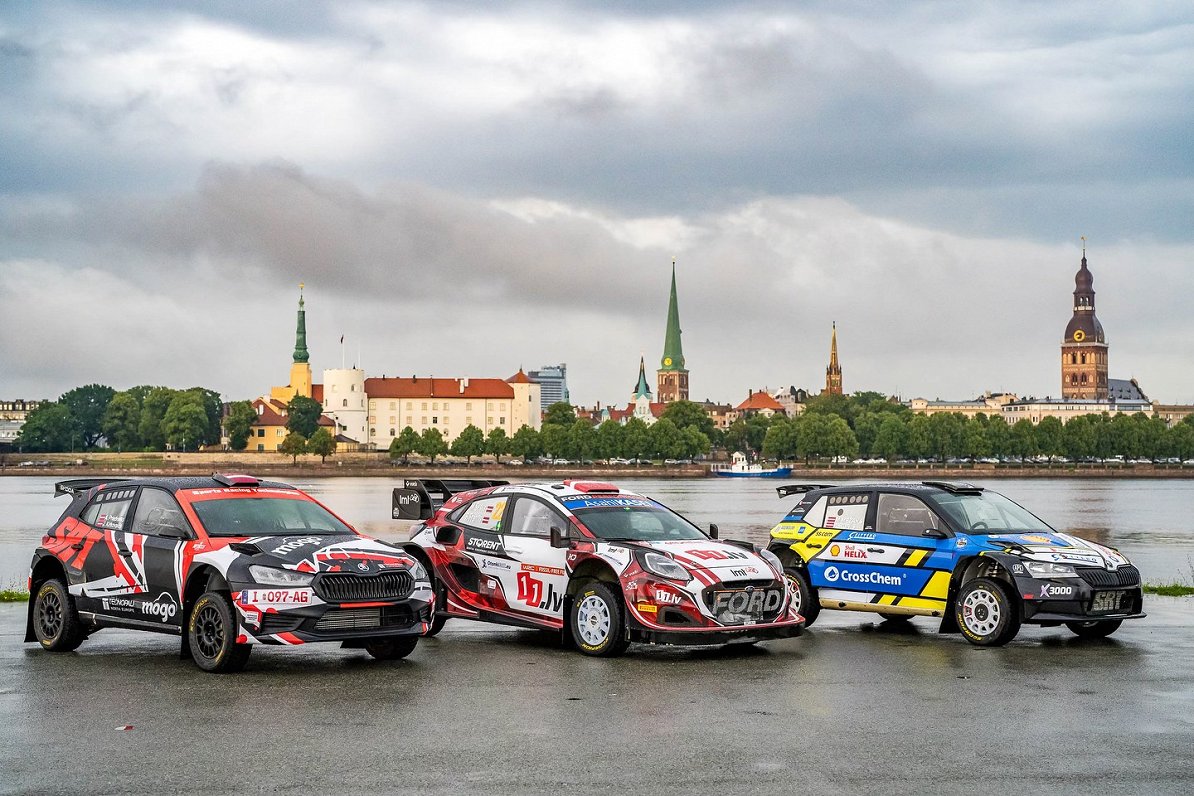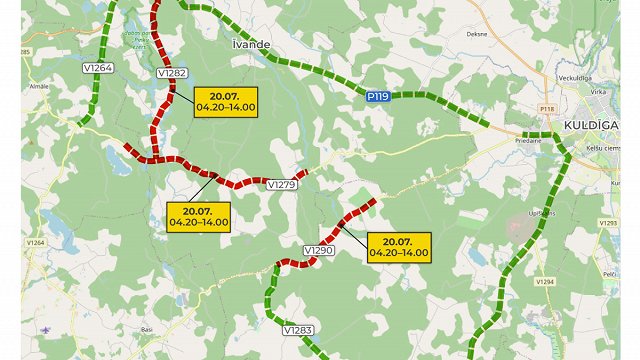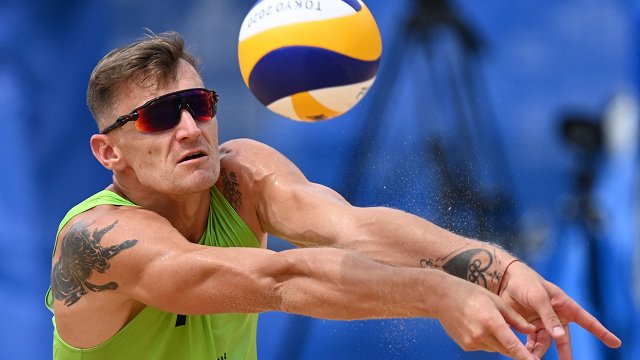The organizers of the WRC Latvian stage have been preparing for this event for more than two years, earning this opportunity thanks to successfully organized stages of the European Rally Championship (ERC).
Raimonds Strokšs, director of the rally of Latvia, said: "I am absolutely sure that those guys will come here and they will be happy. Not everything is 100% perfect, because in the first version we had made a 256-kilometer route, exactly the sports element. There I put my hand on my heart and said that everything is perfect there. Then the FIA [International Automobile Federation] told us to go back to 300 kilometers, so we added kilometers that I'm not 100% comfortable with, but they told us to do it, and we did it. I have no doubts about the stages, they are great," said Strokšs.
It will be Latvia's first experience in organizing a motorsport event of this scale, but neighboring Estonia has hosted a WRC stage for the previous four years.
Estonian rally director Urmo Åva outlined the differences in complexity when organizing the European and World Championship stages: "If you compare it to the European Championship rally, it's a longer and more expensive event. Compared to the ERC, in terms of technical and sporting aspects, it's not that crazy. It's a step up, but not huge. If you think about the logistics of the event and the involvement of a lot more spectators, it's different... We can say that, in general, organizing a WRC rally costs two to three times more than an ERC stage."
Everything You Need To Know For WRC Tet Rally Latvia 2024 🇱🇻#WRC | #TetRallyLatvia 🇱🇻 pic.twitter.com/FgoaUtR2Y7
— FIA World Rally Championship (@OfficialWRC) July 15, 2024
More than 4.3 million euros have been spent on organizing the Latvian stage, which starts in Riga and then continues through Kurzeme region. The organizers estimate that about 50,000 people could visit the Latvian stage including not only local fans but rally nuts from Estonia, Lithuania and further afield.
A substantial part of the costs have been covered by the Latvian taxpayer via funding from the government of 1.8 million euros in 2024 and 650,000 in 2023, with further funding coming from municipalities along the route (including 14,000 euros from Rīga) and other state institutions bringing the public subsidy of the WRC stage up to 2.45 million euros. Sponsors, ticket sales, broadcast rights and other things also contribute to revenues.
Does this represent a good value for money? It is difficult to say until all the figures are in. An estimate by the Latvian Investment and Development Agency claimed ultimate economic benefits to Latvia could amount to 16.8 million euros, which would certainly be a spectacular return on investment. However, Estonia's experience suggests this might be over-optimistic. On the website of the "Rally Estonia" organizers, it is stated that the contribution of the event to the economy is worth approximately 10 million euros annually – and it should be noted that Estonia currently has one of the top drivers in the WRC, 2019 world champion Ott Tänak, who has a very large local following. In contrast Latvia's top driver, Martiņš Sesks, is a debutant in the 2024 WRC.
However, there are certainly already some economic benefits to be detected along the 300 kilometers of racing.
Accommodation prices have risen in Talsi, while, according to the information at the disposal of the Kuldīga and Liepāja tourist information centers, most of the accommodation available in these cities has already been sold. Relatively small distances to race stages make these popular centers or rally fans.
Sintija Pusaudze, a representative of the Liepāja Tourism Information Center, stated: "Of course, we see the timeliness of this occupancy. In November and December of last year, we already saw how the biggest hotels, where competitors and their teams stay overnight, were full. This is very uncharacteristic, for such a timely filling of 80% of accommodation, but we are very happy that new accommodations have opened for this summer, which can offer services for such a big event. You can still find accommodations in a business class hotel for 85-100 euros per person per night, in my opinion, in July, and in Liepāja that is a very good price."
The organizers also cooperate with farmers and land owners whose properties are used for viewing points or for other purposes such as race marshaling. The organizers did not hide that people are not always keen on the idea of a rally, but in the end they manage to find a compromise with everyone.
Gijs Gūža farms near Liepāja, and one of the viewpoints for Sunday's stage is located on his farm. The owner said that good relations based on mutual respect have been established over the years with the people who set up the stages.
"In the first year, I was quite skeptical about the rally and doing all that, then the European rallies started or what was still the "Rally Kurzeme". Why should I eat dust, at that time the municipality didn't carry out anti-dusting yet, people were shouting and dropping bottles. But we learned best practices and trust. Accordingly, wheat grows there this year. I don't know how other farmers feel, but it doesn't cause me any losses."

























